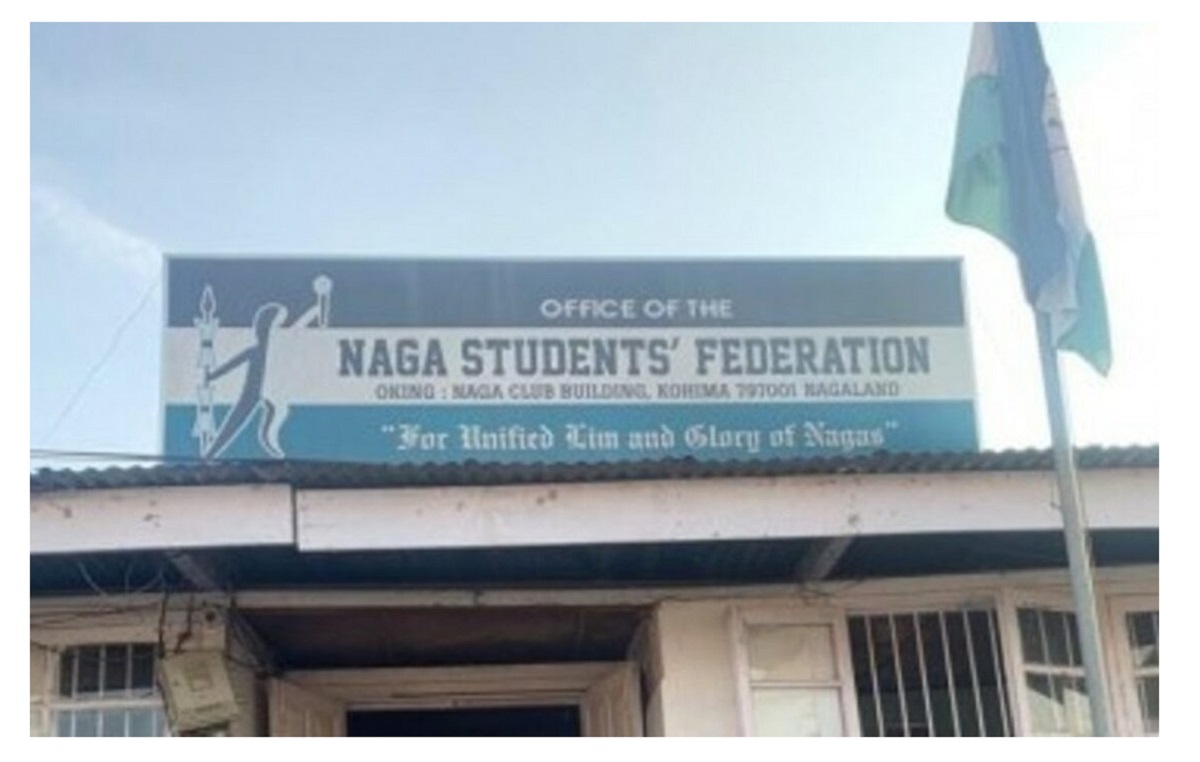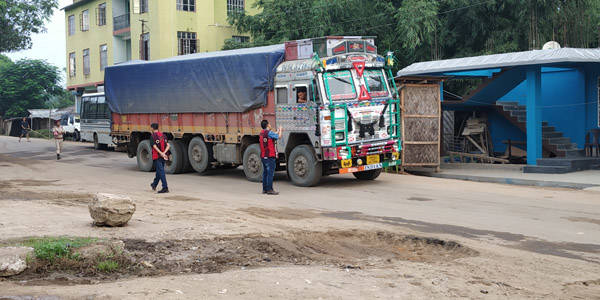Nagaland is facing a significant waste management crisis, with over 300 tonnes of waste generated daily across the state. This issue was brought to the forefront during a workshop on “Composting Food Waste at Home,” organized by the Nagaland Pollution Control Board (NPCB) in collaboration with the Kohima Municipal Council (KMC) on Monday. A report presented by the NPCB revealed that 39 Urban Local Bodies (ULBs) in the state, including 3 municipalities and 36 town councils, produce about 303.85 tonnes of waste per day. However, only 260 tonnes are collected, leaving the remainder without proper treatment. The NPCB highlighted that waste generation is rising annually, and without urgent intervention, the problem will worsen. Yanathung Kithan, NPCB Scientist ‘B’, pointed out that only Kohima has a scientific waste treatment plant, but it has been non-functional for the past 4-5 years.
The rest of the state relies on open dumping, which complicates waste segregation and management efforts. In Dimapur alone, approximately 100,000 kg of waste is generated daily, with half of it being organic. Kithan emphasized the need for comprehensive waste management systems, particularly in rural areas where waste generation is unrecorded and management infrastructure is lacking. NPCB Member Secretary K. Hukato Chishi underscored the importance of waste segregation at the household level, advocating for composting practices as a simple yet effective solution to reduce waste and improve air quality.
KMC councilor Thenusou Sekhose also stressed the role of the community in sustainable waste management, noting that responsible waste disposal promotes civic duty and reconnects residents with traditional values of living harmoniously with nature.




